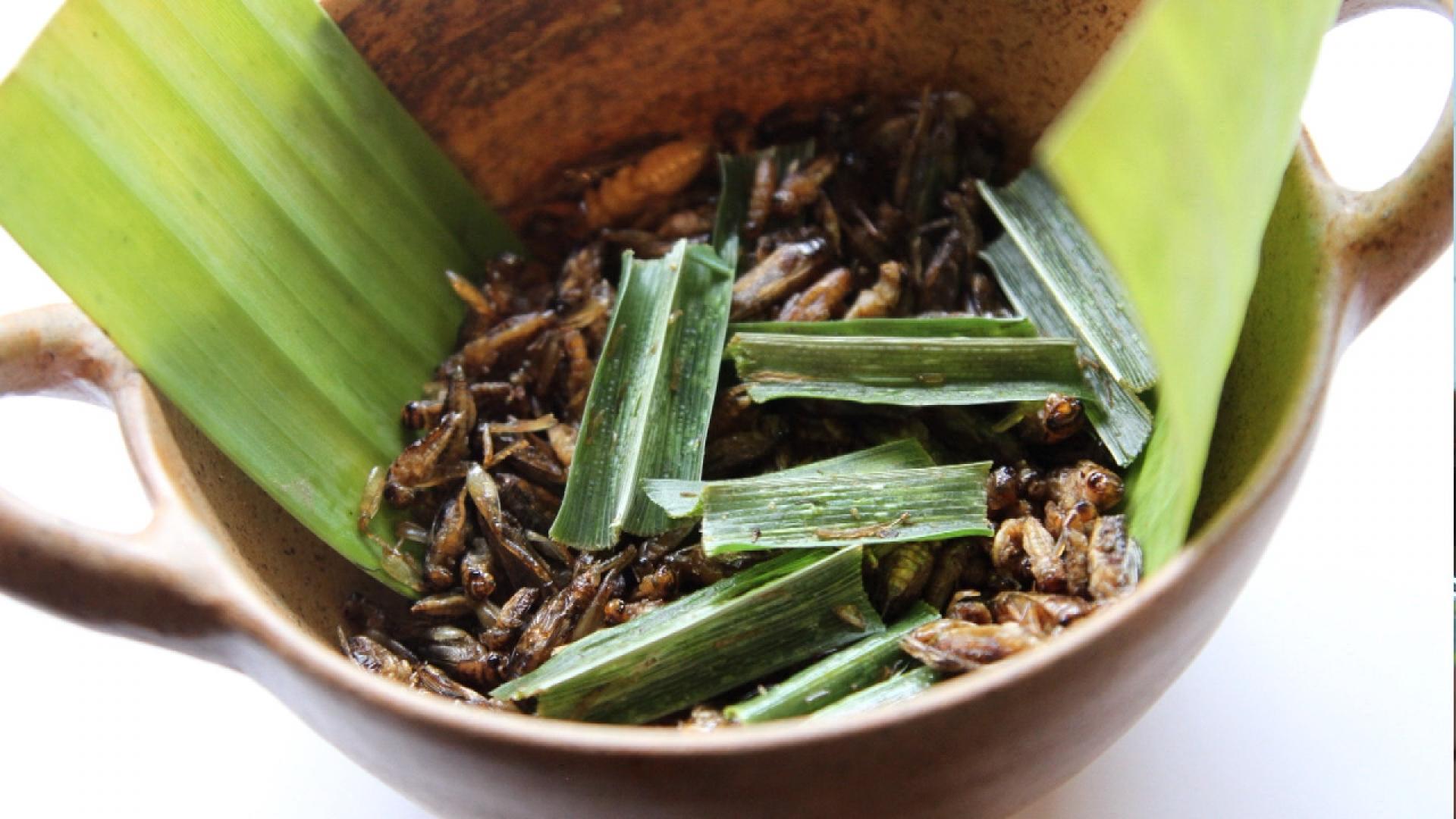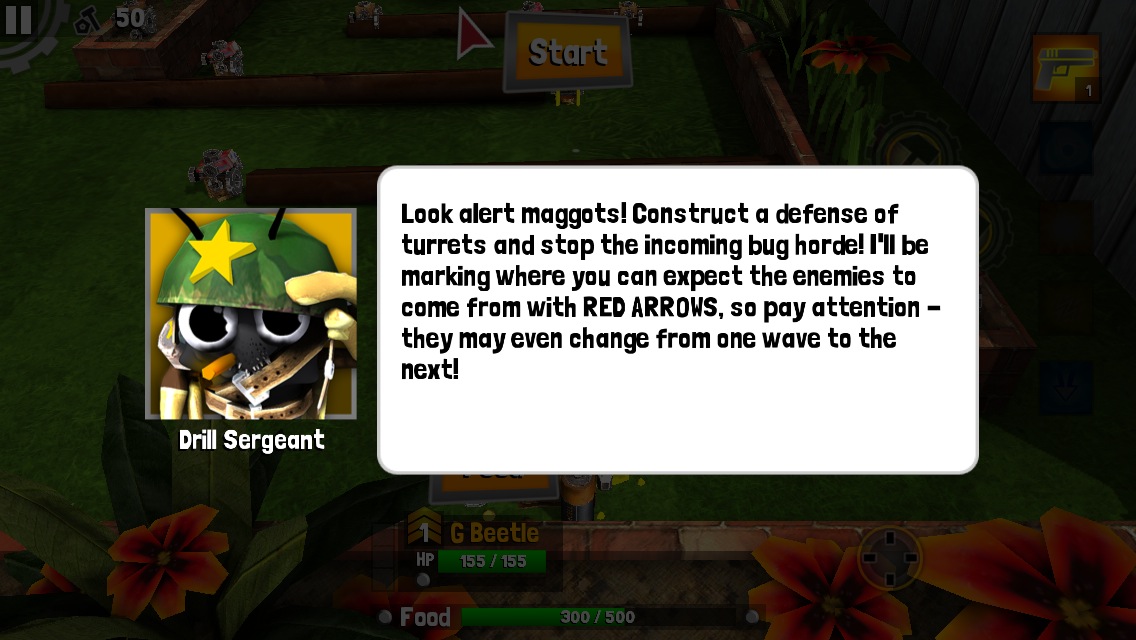

They help cycle nutrients in the soil when they bury the dung or carrion. Credit: Geetha Iyerĭung beetles influence the ecosystem in many ways. Watching the dung beetle’s antics can be quite entertaining.Įlephant dung balls with marks of a bear that opened them to feed on the beetle grub. The female was busy digging a burrow to bury it. In one case, according to him, the male that had helped a female roll the dung and had been expected to guard it tried stealing and running away with it. The French naturalist Jean Henri Fabre has documented such behaviour extensively. Some dung beetles are kleptoparasites, stealing dung balls at the first chance. However, there are as many opportunists in this world of beetles as there are among humans. This stratified living helps reduce competition for the precious resource that is the dung, at least to some extent. The dwellers live within the dung and breed. The tunnellers build elaborate underground chambers close to or beneath the dung pats using the fibrous parts from the dung. Here, the dung balls are buried for other beetles to feed and breed in. The rollers make balls from dung pats and then roll them farther away, to a simple underground burrow. Studies in other parts of the globe have also been unraveling a similar story playing out: the dung beetle’s diversity is falling.īecause of the effects they have on their ecosystem – and ours.īased on their reproductive habits, the dung beetles are categorised as rollers, tunnellers and dwellers. The team concluded that “ these are vulnerable genera that may disappear due to habitat modifications occurring intensely in the region.” Thomas, an associate professor from St Joseph’s College, Calicut, and his students recorded species loss in five genera of dung beetles in the moist slopes of the Western Ghats in South India. In 2011, Simi Venugopal from Loyola College, Chennai, studied the diversity and community structure of the dung beetles in the semi-urban agricultural lands of the Malabar coast and found a decrease in diversity and a change in their community status. Mittal raised this issue: “Monitoring the diversity and conservation status of dung beetles is important because they play a critical role in recycling the organic matter in nature, but also because they are on decline now.” Their diversity and numbers have been on the decline. Like the vultures, the dung beetles are scavengers, coprophagous insects that feed on the faeces of animals (including humans). Now, the bugle for another species has been sounded – this time by the entomologists.

The struggle to protect them is turning out to be a stupendous task. Ornithologists kept raising the alarm, yet very little attention was paid till the number of vultures became alarmingly low. Credit: wildlife_encounters/Flickr, CC BY 2.0


 0 kommentar(er)
0 kommentar(er)
